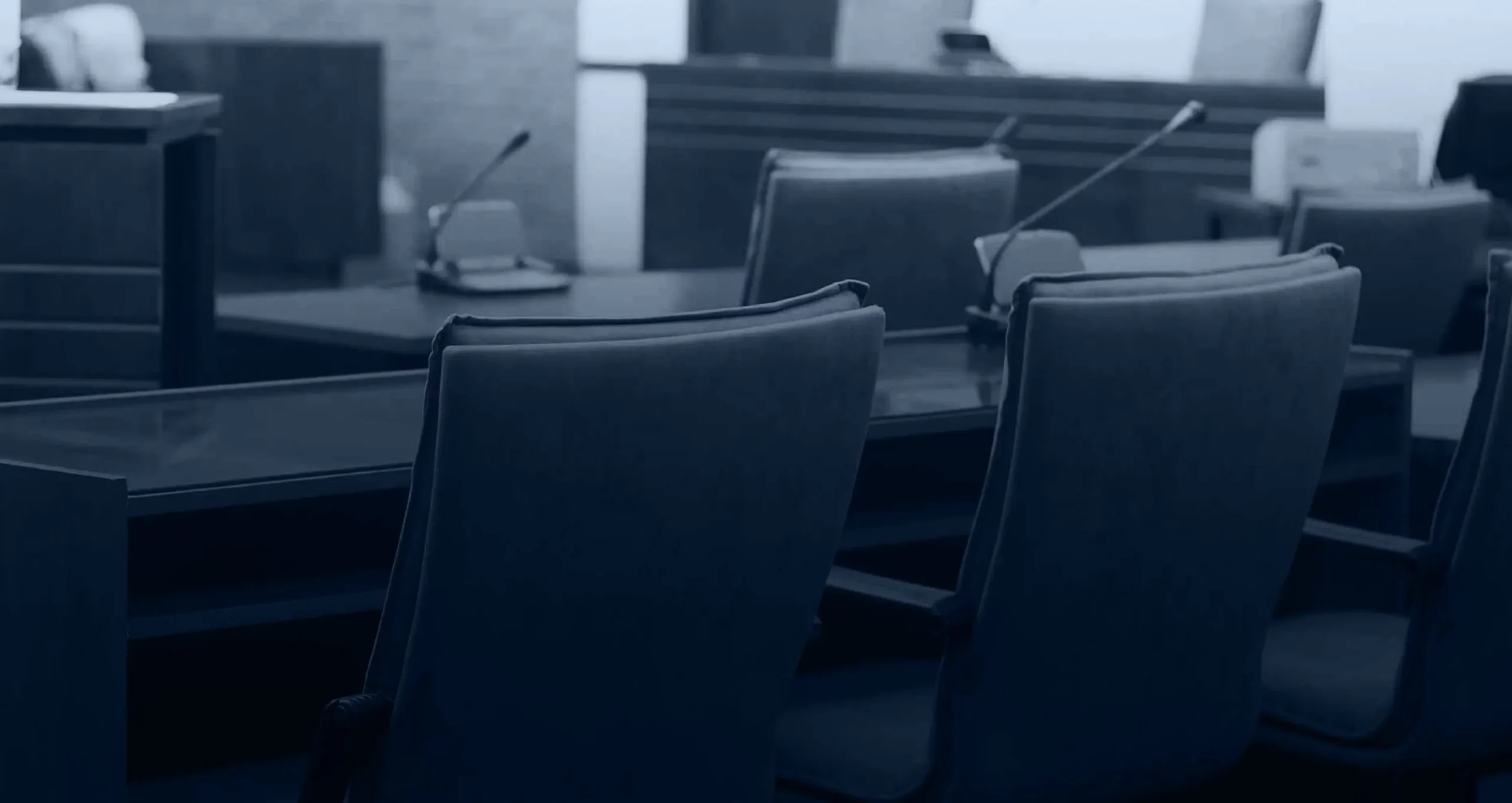
After a serious accident, you are likely left with many questions and uncertainties. How will you pay your medical bills? What if you can’t return to work for months – or ever?
If your accident was caused by someone else’s negligence or wrongdoing, a personal injury claim can help you recover compensation for your bills, lost wages, and pain. But how much is your personal injury case worth? This is often one of the first questions injury victims have when meeting with a lawyer.
There is no easy way to answer this question. Every case is unique, and there are many factors that can influence the value of your claim. An experienced Chicago personal injury lawyer can help you understand the potential value of your case and the factors that may affect what you can recover.
Below is an overview of the damages you may recover and the major considerations affecting how much your personal injury case is worth. Call Zayed Law Offices Personal Injury Attorneys to schedule a free consultation to review your case and how we can help.
Overview of Damages Available in a Personal Injury Case
There are two broad types of damages you can recover in a personal injury claim. If your case goes to trial, a third type may be an option.
Economic Damages
Financial or economic damages refer to your out-of-pocket expenses and financial losses. It may include:
- Current and future medical expenses
- Physical and occupational therapy
- Medication
- Necessary home health care or housekeeping
- Lost wages
- Reduced or lost earning capacity
- Lost future employment benefits
- Property damage
- Other reasonable, necessary expenses
These damages are the easiest to calculate. However, future lost earnings and medical bills can be complex and require expert assistance.
Non-Economic Damages
These damages are the physical, emotional, and psychological losses you suffered. Non-economic damages are very personal with no intrinsic financial value. Examples include:
- Pain and suffering
- Mental anguish
- Emotional distress
- Disfigurement or scarring
- Reduced quality of life
- PTSD
- Anxiety
- Depression
If you suffered serious or permanent injuries, your non-economic losses may exceed the value of your financial damages.
Punitive Damages
Punitive damages are designed to punish a defendant for egregious or reckless behavior or intentional wrongdoing. These damages are only available in a personal injury lawsuit if they are awarded by a jury.
These damages are very uncommon. In Illinois, punitive damages can only be awarded when the defendant’s behavior went beyond ordinary negligence with intentional, fraudulent, or willful, and wanton conduct.
Factors That Affect How Much Your Personal Injury Case Is Worth
To determine the value of your case, your lawyer will calculate your financial damages and estimate how your non-economic damage should be compensated.
Figuring out the total damages you suffered is only part of calculating the value of your claim. The next part is considering factors that can increase or reduce the amount you are likely to recover.
While investigating your case and gathering evidence, critical questions are considered, such as:
- Did you suffer permanent injuries?
- Will you have extensive or ongoing medical needs?
- Will you be able to return to work at all?
- What effect will your injuries have on your life going forward?
- Are your injuries visible or easy for a jury to understand?
- What were the circumstances of your accident?
- Were you partially at fault for the accident?
- Did you mitigate damages?
- Is there strong evidence for causation and liability?
- What insurance coverage is available?
- Is a jury likely to be sympathetic?
In general, the more serious your injuries and the stronger your evidence, the more your case is likely to be worth. The factors above can play a major role in what you can recover, however.
How Non-Economic Damages Are Calculated
Determining the value of your subjective non-economic losses can be challenging. Many factors are considered, including:
- Type of injuries
- Severity of your injuries
- Medical treatments you have received
- Whether you are left with permanent impairment or disability
- How your injuries have affected your daily life
- What your life was like before your accident
- The strength of your evidence
As a starting point for negotiations, your lawyer may estimate the value of pain and suffering damages by multiplying your financial losses by a factor of 1.5 to 5.
How Shared Fault Can Limit Compensation in Illinois
Illinois uses the modified comparative negligence doctrine in personal injury cases involving shared fault. Under this rule, you are entitled to recover damages from the other party as long as you are not more to blame for the accident. If you are 51% or more at fault, you are barred from recovering anything.
The comparative negligence rule also reduces your recovery according to your share of liability. If you are determined to be 25% at fault for your accident and suffered $50,000 in damages, you will only be able to recover $37,500.
You also have a duty to mitigate damages. This means you have a duty to take action to minimize the impact or cost of your injuries or avoid further injury if possible. Failing to seek medical attention or following a doctor’s instructions can worsen an injury, for example. This may increase your share of fault.
Your Compensation May Be Limited by Insurance Policy Limits
Your personal injury lawyer will evaluate all parties who may share liability for your accident and available coverage to pursue the compensation you deserve. Even with strong evidence showing the other party caused your injuries, the value of your claim may be limited by the at-fault party’s insurance coverage.
There are many common forms of insurance the at-fault party may have to cover your damages:
- Auto liability insurance for car accidents
- Commercial truck liability insurance for truck accidents
- Professional liability insurance for medical malpractice
- Homeowner’s insurance for injuries on someone else’s property
- General liability insurance for premises liability
- Umbrella insurance, which expands coverage limits for the policyholder’s other policies
If you were hit by a negligent driver, you will make a claim against the at-fault driver’s policy. Illinois only requires drivers to carry minimum liability coverage of:
- $25,000 in bodily injury coverage per person,
- $25,000 in bodily injury coverage per accident, and
- $20,000 in property damage per accident
You can recover more than the at-fault party’s insurance policy limits through a personal injury lawsuit. However, even if you win your case, you are unlikely to actually recover compensation if they do not have the assets to pursue. Your lawyer will help you explore your best legal options for recovering money for your damages.
Schedule a Free Consultation With Our Experienced Chicago Personal Injury Lawyers
Hiring a personal injury lawyer can help you recover the fair compensation you deserve. An experienced lawyer will understand the factors influencing your case, gather the evidence necessary, and negotiate on your behalf.
If you have been injured in an accident, Zayed Law Offices Personal Injury Attorneys is here to help you. Contact our law office for a free case review with a Chicago personal injury lawyer at (312) 726-1616. We will help you understand what your case may be worth and the legal options available to you.





